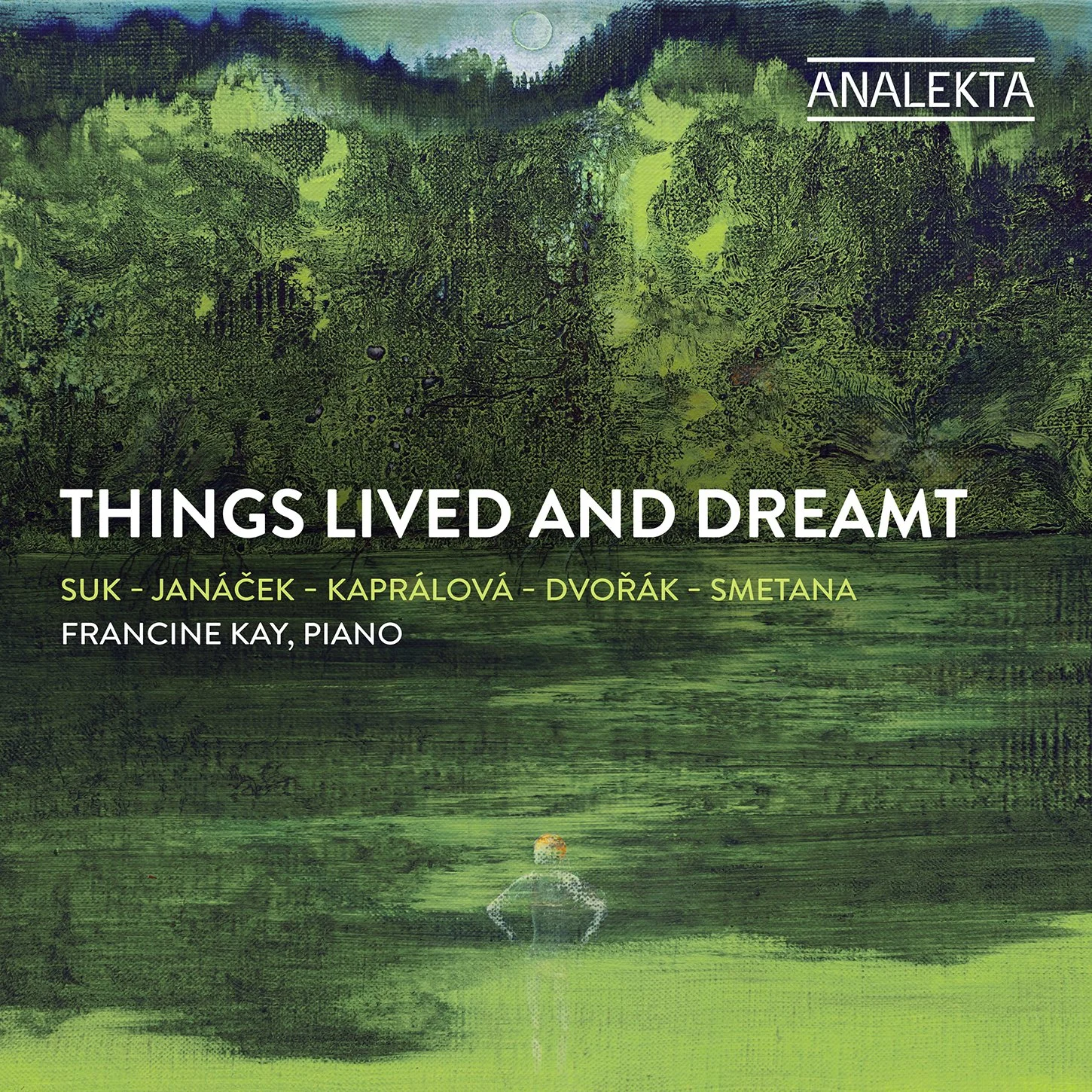On May 20, the vocal ensemble Variant 6 releases New Suns (Open G). The Philadelphia-based group’s debut full-length album celebrates a widely diverse range of styles and sounds of 21st century vocal music, with works by Joanne Metcalf, Jeremy Gill, Bruno Bettinelli, Benjamin C.S. Boyle, and Gabriel Jackson. We spoke Variant 6’s Elisa Sutherland, mezzo-soprano, about the album, choosing repertoire, collaborating with composers, and so much more.
How did you all meet, and at what point did you know you wanted to pursue a path forward as the ensemble Variant 6?
I met James Reese at Northwestern University - I was in my fifth year of a double degree program, voice and poetry, and he was a freshman voice major. I met the rest of the members of Variant 6 when I started singing with The Crossing in 2014. It was only a year and a half later, in the fall of 2015, that the six of us decided to form a one-on-a-part vocal ensemble. At that time, we had no idea what this ensemble would become; our only goal was to program and plan for one concert, and as soon as it was over, start planning for the next.
Vocal ensembles of your size seem to either be specialists in contemporary music, or early music – and you seem to have your feet squarely in both worlds. Why is this? What is the throughline between the two periods and chamber-sized vocal ensembles?
Our love of both early and contemporary music stems from the wide range of specialization that each of our singers has. James Reese and Jessica Beebe both have degrees in early music, and Rebecca Myers is becoming very well known across the country as a Bach interpreter. I have always loved complicated contemporary music, and I frequently perform solo chamber contemporary music, as well as with my other vocal sextet, Ekmeles, which specializes in microtonal tuning. We all bring our own interests and skill sets, and because we are all encouraged to put forward ideas, Variant 6’s programming reflects this.
What qualities do you look for in a composer when searching for potential collaborators to commission?
I personally look for someone who is going to be interested in learning how our ensemble sings together. We have a unique voicing - we have two high sopranos, and two very high tenors, as well as an alto and a bass who are comfortable in their higher registers. We love singing music that allows us to use the meat of our voices – much of the music on New Suns features our bright, ringing singing.
What do you hope listeners take away from the album?
I’m excited for listeners to hear the complexity and beauty of one-on-a-part a cappella singing. I’m also interested to hear people’s reactions about the recording style; we purposely chose a closer, intimate sound, as opposed to a roomy, super reverberant aura. Our recording engineer used close mics to record us, and at any point during the recording you can pick out all six of our individual voices. You feel very exposed, but I also think listeners will feel like they get to know us individually over the course of the album!









